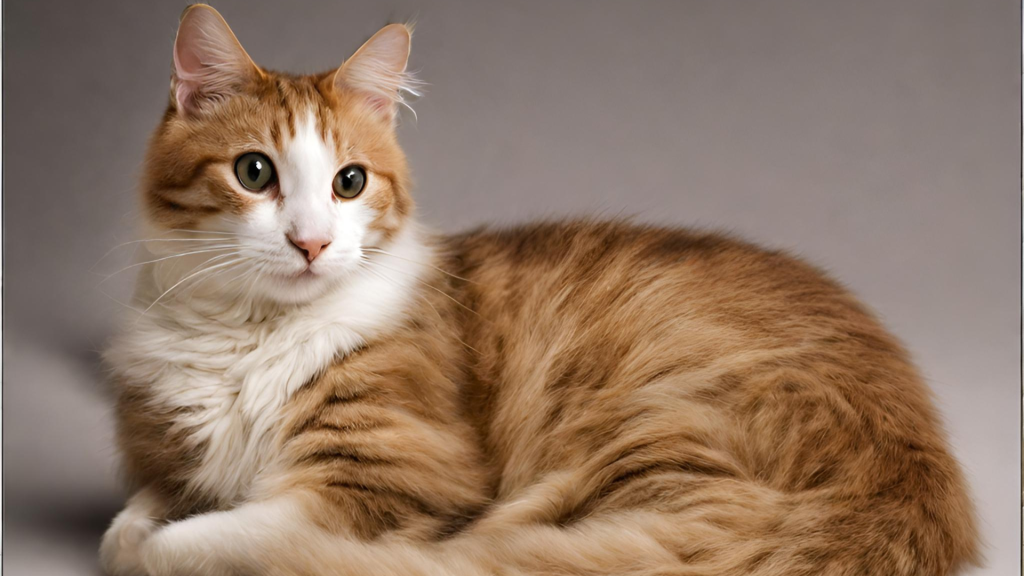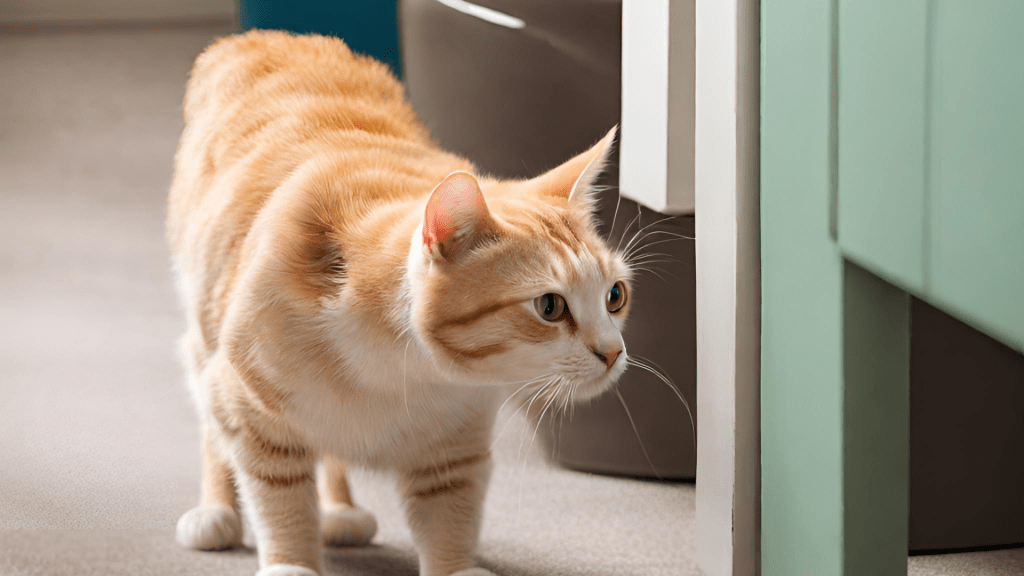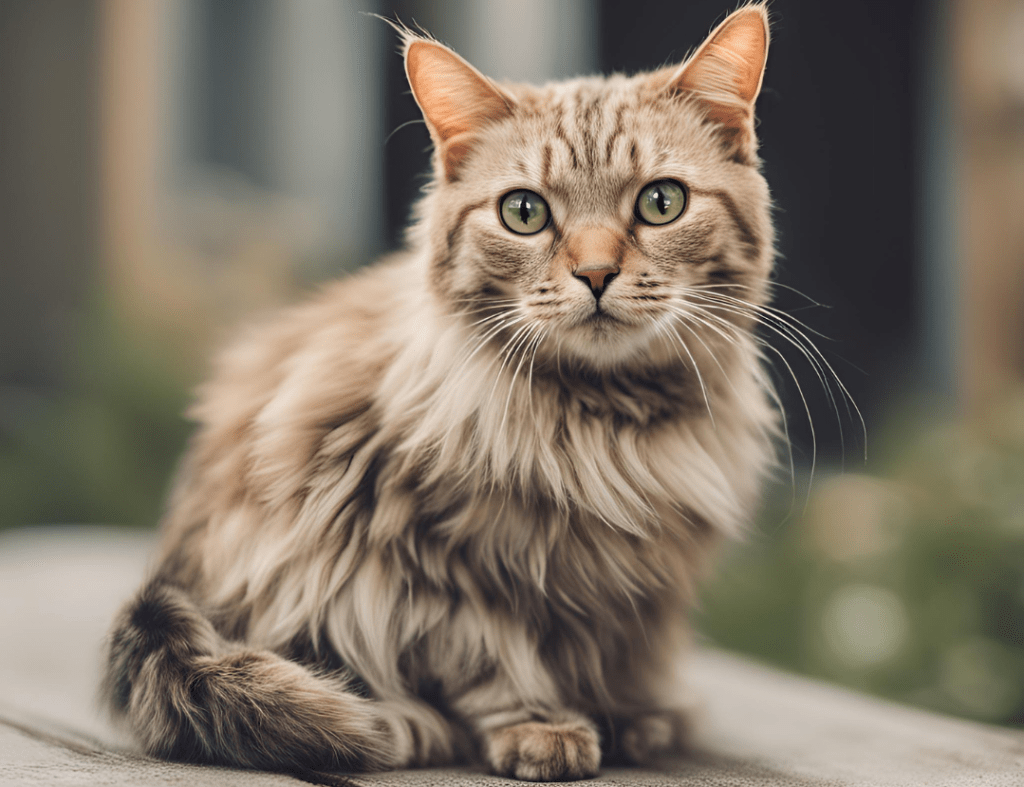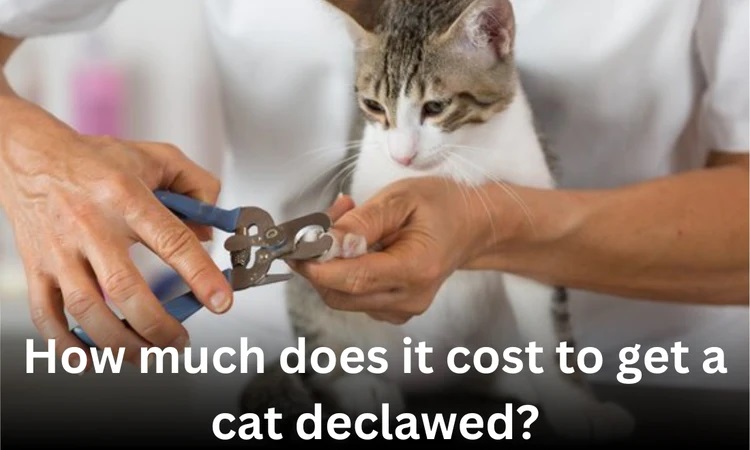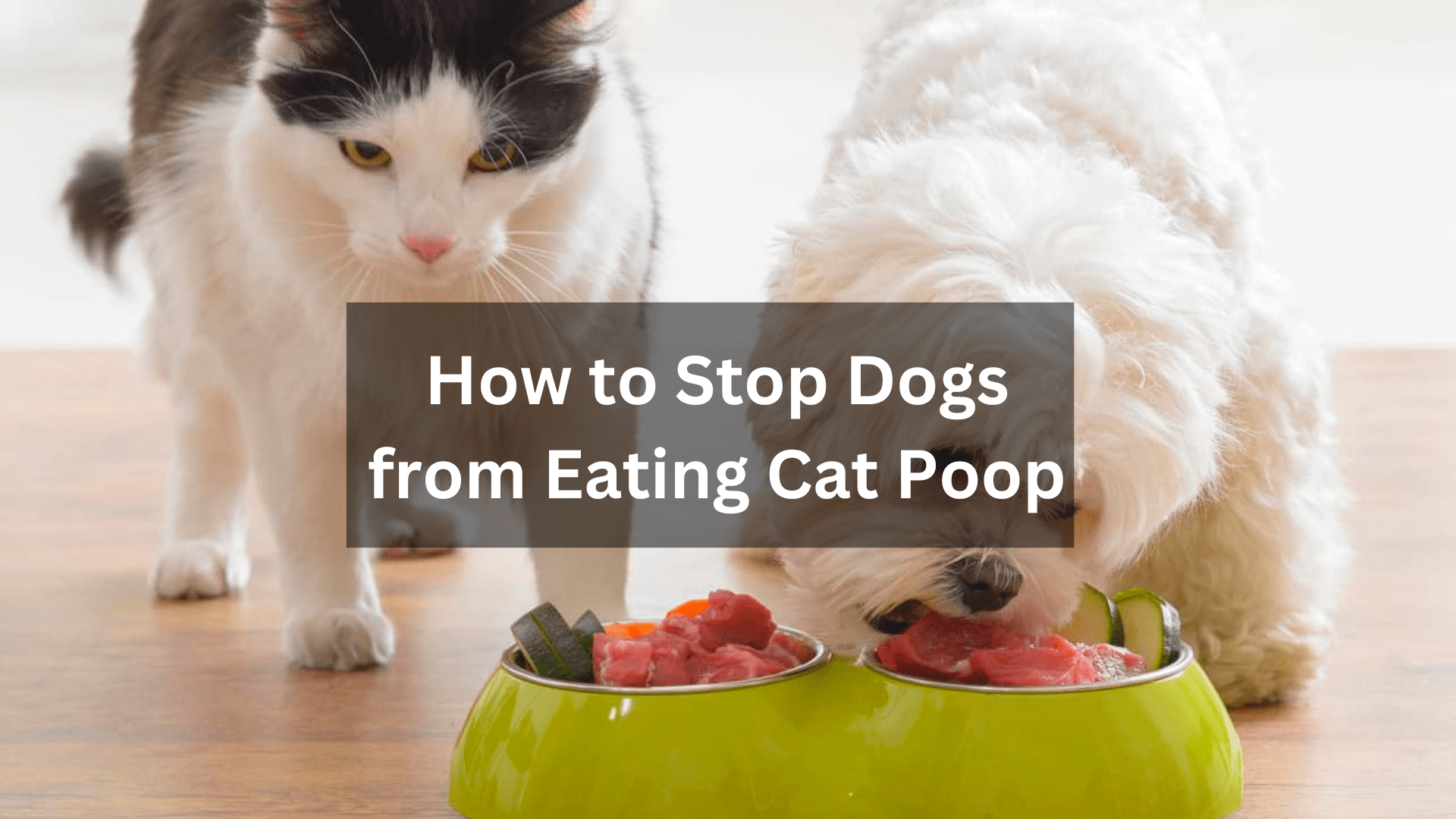
How to stop dogs from eating cat poop home remedies?
Dogs eating cat poop is a common but troubling issue for many pet owners. This behaviour, known as coprophagia, can be distressing and potentially harmful to your dog. Thankfully, there are several effective home remedies to deter this behaviour without resorting to harsh measures. This article will explore the reasons behind this habit and provide detailed solutions to stop dogs from eating cat poop.
Understanding the Behavior
Before addressing how to stop this behaviour, it’s important to understand why dogs are drawn to cat poop:
- Nutritional Deficiencies: Sometimes, dogs eat feces because their diet lacks certain nutrients.
- Hunger or Food-Seeking Behavior: If a dog isn’t getting enough food or their meals are not satisfying, they might seek out alternative sources of nutrition.
- Curiosity and Exploration: Dogs are naturally curious and explore their environment with their noses and mouths.
- Attention-Seeking: Some dogs eat feces to get a reaction from their owners.
- Instinct: In the wild, mother dogs eat the feces of their puppies to keep the den clean.
Also related: How Long Can a Cat Go Without Water?
Home Remedies to Stop Dogs from Eating Cat Poop
- Dietary Adjustments
- High-Quality Dog Food: Ensure your dog is getting a well-balanced, high-quality diet. Foods rich in protein and essential nutrients can reduce the urge to seek out alternative sources of nutrition.
- Digestive Enzymes and Probiotics: Adding these to your dog’s diet can improve their digestive health and reduce the craving for feces.
- Behavioural Training
- Command Training: Teach your dog the “leave it” or “no” command. Consistent training will help your dog understand that eating cat poop is not acceptable.
- Positive Reinforcement: Reward your dog with treats or praise when they obey commands and avoid the litter box.
- Litter Box Management
- Litter Box Placement: Place the litter box in an area that is inaccessible to your dog, such as a high shelf or a gated area. Cat doors that are too small for your dog can also be effective.
- Automatic Litter Boxes: These self-cleaning boxes can remove feces quickly, reducing the temptation for your dog.
- Use of Deterrents
- Natural Deterrents: Sprinkle black pepper, hot sauce, or a commercial pet-safe deterrent around the litter box. The smell will discourage your dog from approaching.
- Bitter Sprays: Apply these sprays around the litter box area. The unpleasant taste can deter dogs from eating feces.
- Environmental Enrichment
- Toys and Chews: Provide plenty of toys and chews to keep your dog occupied. Boredom can often lead to undesirable behaviours like coprophagia.
- Exercise and Mental Stimulation: Regular walks, playtime, and mental exercises can reduce the likelihood of your dog eating cat poop out of boredom or stress.
- Supervision and Monitoring
- Supervised Interaction: Monitor your dog’s interactions with the litter box area. Immediate correction can reinforce good behaviour.
- Pet Cameras: These can help you monitor your dog’s behaviour when you are not at home.
Also related: The Ultimate Guide to Litter Training Your Cat Successfully
Additional Tips
- Consult a Veterinarian: If dietary changes and training do not work, consult a veterinarian. There might be underlying health issues contributing to the behaviour.
- Regular Vet Checkups: Ensure your dog is in good health and not suffering from any nutritional deficiencies.
- Cleanliness: Keep the litter box clean to reduce the attractiveness of the feces. Scoop out waste regularly and maintain a hygienic environment.
Conclusion
Stopping your dog from eating cat poop requires a combination of dietary management, behavioural training, environmental adjustments, and the use of deterrents. By understanding the reasons behind this behaviour and implementing these home remedies, you can effectively discourage your dog from this unpleasant habit. Consistency and patience are key to successfully addressing coprophagia, ensuring a healthier and happier environment for both your dog and your cat.

